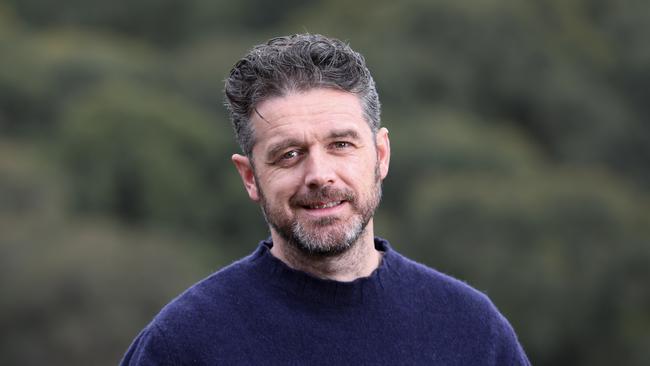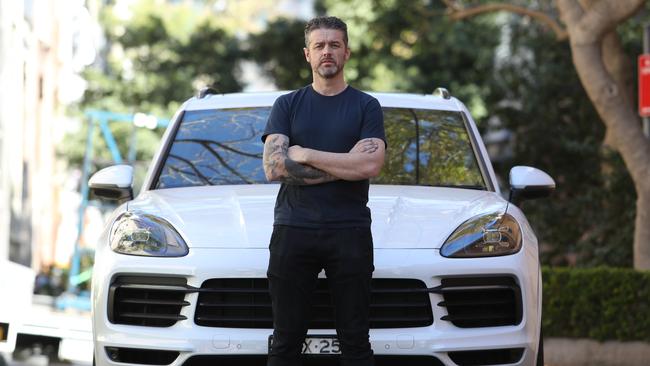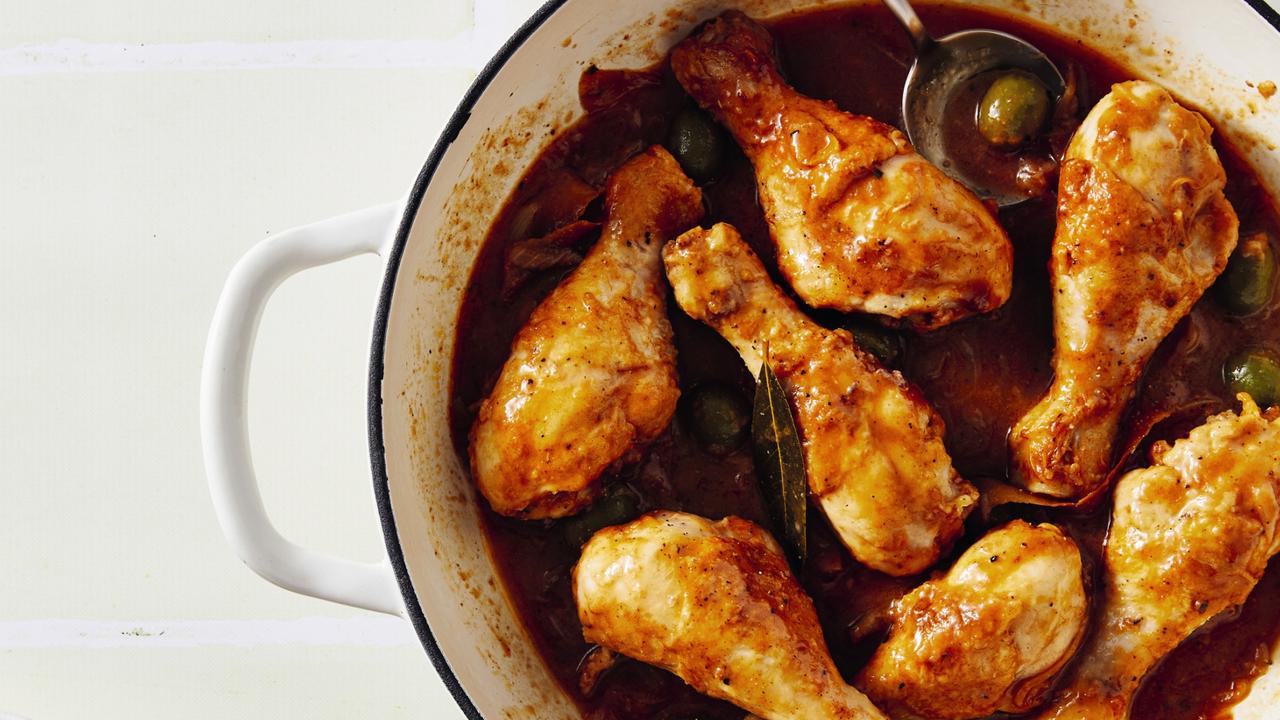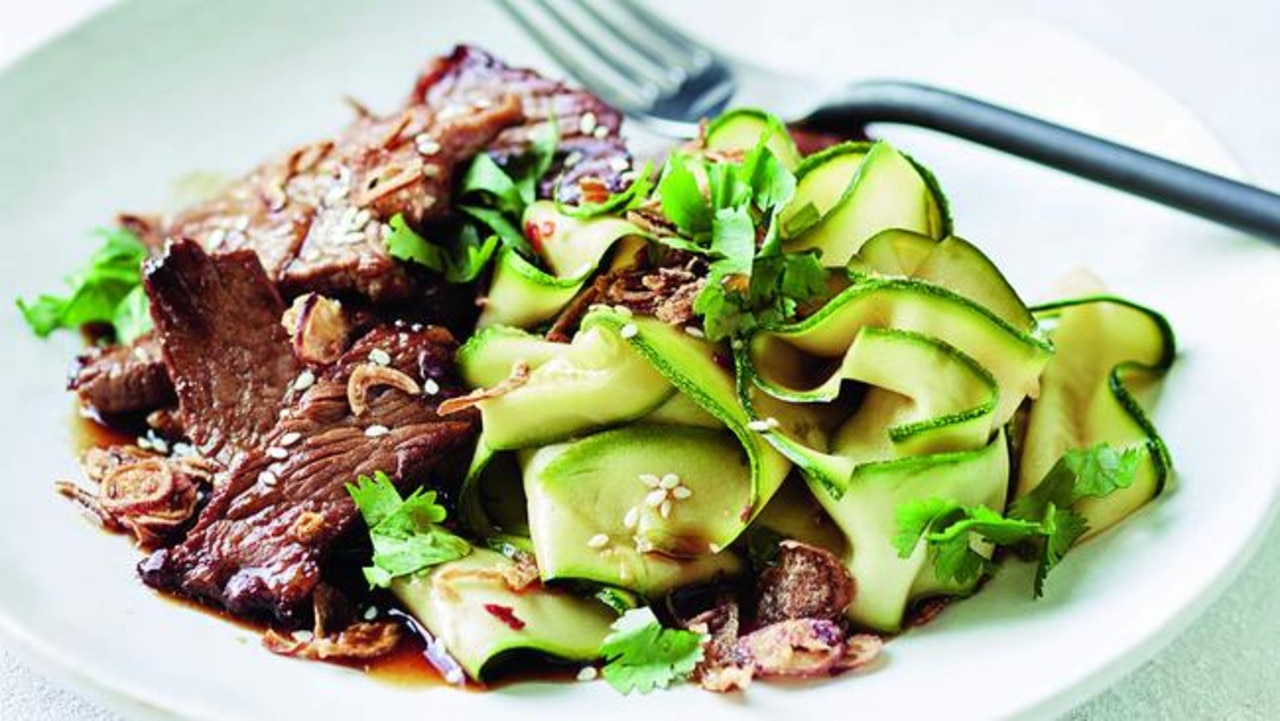Chef questions MasterChef judge Jock Zonfrillo’s payments
The MasterChef Australia judge is attacked over payments made by his charity to companies related to himself and his wife.

One of the country’s most respected chefs says the industry has a “certain code of silence” preventing restaurateurs criticising their peers as he lashed MasterChef Australia judge Jock Zonfrillo about large payments made by his charity to companies related to himself and his wife.
Former Marque owner Mark Best, long considered one of Australia’s finest chefs, claimed the payments were “one of the world’s worst-kept secrets”.
“I was fairly intrigued, to put it mildly, that the money was going in but the only thing that was coming out was to entities involved with Jock and his partner,” he said.
Best’s comments follow a report in The Australian on Monday about the Orana Foundation, which received a $1.25m grant from the South Australian government in 2016 to develop a “comprehensive native food database” and for other projects.
Since then, the database has become embroiled in a stoush with Zonfrillo’s research partners at the University of Adelaide and has still not been released.
The Orana Foundation, named for Zonfrillo’s highly rated Adelaide restaurant Orana, has in three years paid more than $500,000 to companies associated with Zonfrillo and his wife, Gruen panellist and publicist Lauren Fried.
The biggest recipient has been Zonfrillo Consulting, which has received $381,669 since 2016, according to the foundation’s financial reports.
Those transactions, the reports note, were entered into “on normal commercial terms and conditions no more favourable than those available to other parties”.
The Living Room Bar, another company owned by Zonfrillo, has received $101,676, according to the financial reports.

Zonfrillo has, on several occasions, spoken about the Orana Foundation as a way to help indigenous communities become self-sufficient through the cultivation of native foods. “The intention was that it would be put in the hands of an indigenous enterprise. That’s what we think should happen because a white enterprise holding indigenous information is not a great look,” he told The Australian on Monday.
Best said that the charity was “framed on one of the most vulnerable parts of our society, that is indigenous people, was just too egregious”.
“I just couldn’t abide it. I’ve wanted to say something about this for a long time but there is a certain code of silence about these things in the industry,” he said.
“(Other chefs) don’t want to put their heads up because they are all struggling with their own business issues.
“I even spoke to a well-known chef who works in the indigenous sphere today and he refrained from commenting publicly but was scathing privately,” he said.
Zonfrillo told the Australian Financial Review in 2019 that the “comprehensive” native foods database and cultivation projects were scheduled to “go live” later that year.
On Sunday, he chalked the delays up to a nine-month fight with the University of Adelaide over the database, which he said was complete but unreleased. He said the legal battle had cost $50,000.
A University of Adelaide spokesman declined to comment.
The Department of Primary Industries and Regions, which has overseen the South Australian grant, has put a September 30 date on the database project.
The department said more than 1500 native plant species had been entered into the database but the information had to be reviewed by a specialist.
“Accessibility of information will also be overseen by indigenous IP lawyers to ensure appropriate protection of indigenous knowledge,” the department said in a statement.







